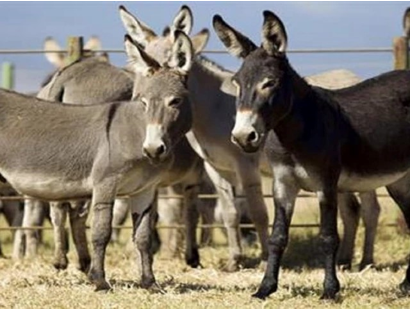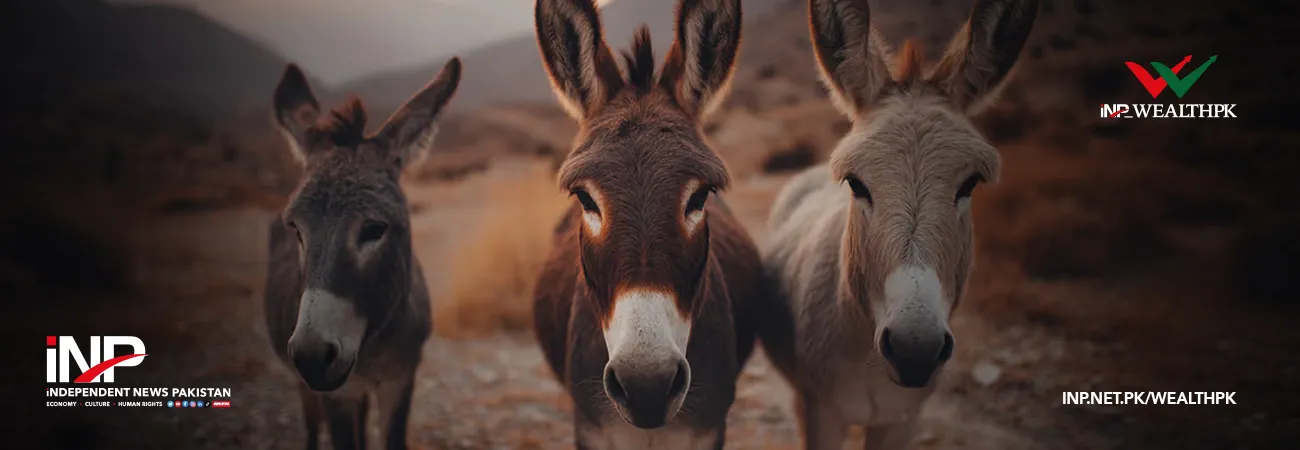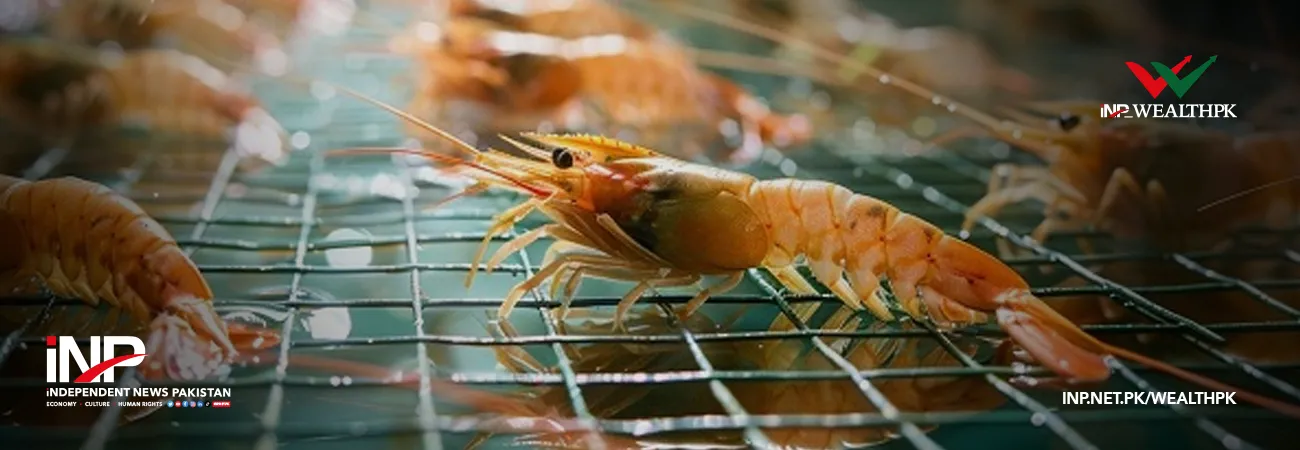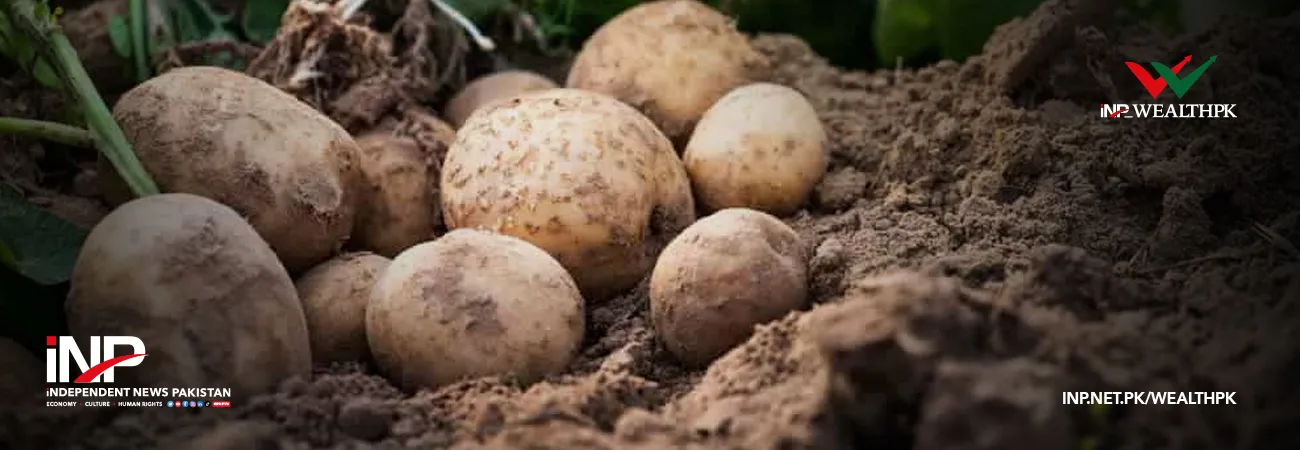آئی این پی ویلتھ پی کے
Azeem Ahmed Khan
Pakistan can steer its way out of dependence on the IMF and other financial institutions by developing its donkey industry, which carries enormous untapped potential, Prof Dr M Mazhar Ayaz, Vice-Chancellor of Cholistan University of Veterinary and Animal Sciences (CUVAS), Bahawalpur, said.

Talking to Wealth Pakistan, he noted that with diverse by-products and value additions, the donkey industry has already grown into a sector worth more than $100 billion in China.
Highlighting the country’s potential, he said Pakistan is fortunate to have the third largest donkey population in the world, standing at 5.8 million, which has grown in recent years. “If we focus on this and plan it properly and strategically, we will be in a better position in the next five years. Our farmers will benefit, poverty will be alleviated, and proper donkey farming will emerge,” he added.
Prof Ayaz said CUVAS has signed a Memorandum of Understanding with the Ministry of National Food Security and Research and a Chinese company to explore opportunities in the donkey industry. The collaboration, he explained, will focus on nutrition, disease control, and animal welfare, while also engaging global and Chinese universities and industries already working in this field. He acknowledged that the donkey industry has long been neglected in Pakistan, overshadowed by other sectors.
“Our university has come forward to look at the research and development component.” On whether donkey farms will be established, Prof Ayaz said research and development will be the first step, while the ministry will handle policy. End users and stakeholders, he explained, would include institutions working under the China-Pakistan Economic Corridor (CPEC) framework.
He compared the potential of this sector with the growth seen in goat farming and corporate dairy farming. “Those farmers who want to become part of this cycle will benefit greatly. But at the same time, we must preserve our gene pool,” he cautioned, stressing the use of modern technologies like molecular genetics, nutrition sciences, and even artificial intelligence to improve breeding and productivity. Prof Ayaz said the industry will also help in poverty alleviation by providing new opportunities for rural communities.
“If the Ministry of Food Security, academia, industry, end consumers, and farmers work together, a lot of our people will benefit,” he said. CUVAS, he added, has already begun setting up committees on reproduction, breeding, and disease control of donkeys, and has started collecting initial data to support future development plans. Long seen as an integral part of rural livelihoods and transport systems, donkeys are now being recognised for their wider economic potential through value-added products, trade opportunities, and veterinary research.
The government has reaffirmed its commitment to extending full support and facilitating the promotion and development of this emerging industry. The Ministry of National Food Security and Research, in collaboration with China’s General Administration of Customs, has signed protocols in recent years to allow the export of donkey meat, hides, and related products from Pakistan to China.
Credit: INP-WealthPk








